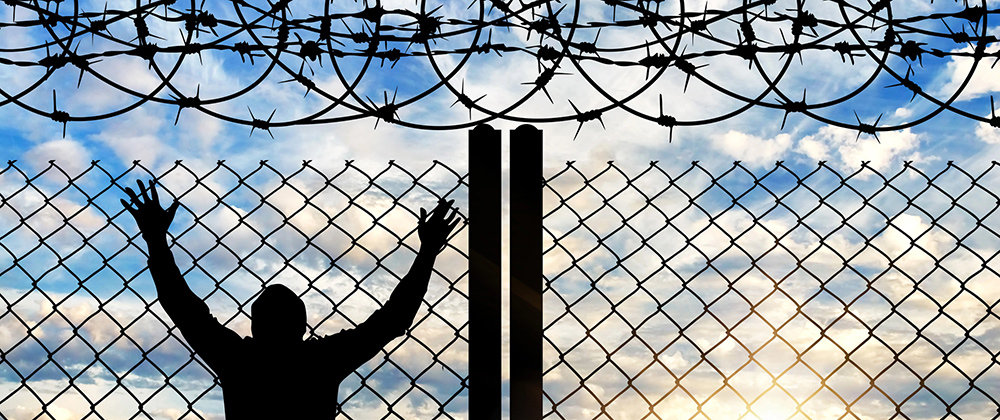To us, immigration is not only what we make a living out of, it is also at the center of our lives, it is our passion; fighting for such a great cause is the one thing that gets us fired up each morning. Yet for those whose lives don’t revolve around it or aren’t affected by it, they are now made aware by it due to the recent changes made by President Obama that have brought immigration to the fore.
And as immigration is once again making headlines, the topic has become the center of public debate. The problem is that too much of the public eye has been focused on the legality of immigration without taking into consideration the fundamental question, that is, what effects has mass immigration had on American society throughout its history up until today? As an op-ed piece in the New York Times related, the United States has been drastically changed, shaped, and re-shared by immigration. Because of the 1965 immigration act that facilitated immigration to non-Europeans, there are now 40 million foreign-born immigrants now living in the United States, making up 13% of the population. More than half of these are migrants from Latin America and the Caribbean, with a heavy Asian influx as well.
The New York Times commissioned the American Academy of Political and Social Science to conduct extensive research on the effects of immigration across American communities. The results corroborate that which we had for long been saying, namely, that there is not an ounce of evidence that “immigrants have reshaped the social fabric in harmful ways,” all the contrary, the U.S. is better off because of its immigrant influxes. Moreover, the United States is neither less safe because of immigration nor is it worse off economically—a fact that runs counter to what many immigration opponents would have you believe. The study shows that the exact opposite is true. The reality of it is that in regions where immigrants have settled in the past two decades crime has gone down, cities have grown and progressed, and poor neighborhoods have been thriving ever since. Furthermore, in large gateway cities, immigration is also the cause of economic revitalization and reductions in concentrated poverty.
For example, according to the American Community Survey, the income of African-Americans in Queens, NY surpassed that of whites for the first time, which is largely associated with the development that came as a result of immigration from the West Indies. As another example, scholars have found that immigrant youths in Los Angeles were less likely to be involved in crime than their native-born counterparts in similar economic circumstances. Research has also indicated that homicide rates have no relation with immigration levels given that in cities like San Francisco and Miami this crime rate has decreased as immigration has increased. Unfortunate as it is, immigration has had a negative backlash in spite of its positive effects.
The explanation for this counter-intuitive phenomenon lies in the social changes—be it through language, political attitude, and cultural changes—that immigration has brought that have stirred things up in this country. And while these changes were far from bad, they were relatively unfamiliar or unknown, and many fear that which they don’t fully understand. Therefore, pointing fingers towards the direction of immigrants seemed the natural option, especially in these times of economic hardship. But this reaction on their behalf is based on nothing more than unsubstantiated half-truths that are tweaked and publicized without justification. The reality is that we are better off because of immigration. That is why it is important that a clear path to citizenship be established not only for the young but also for the old in order to reward them for all the contributions they have made to our nation and for those of future generations to come.



